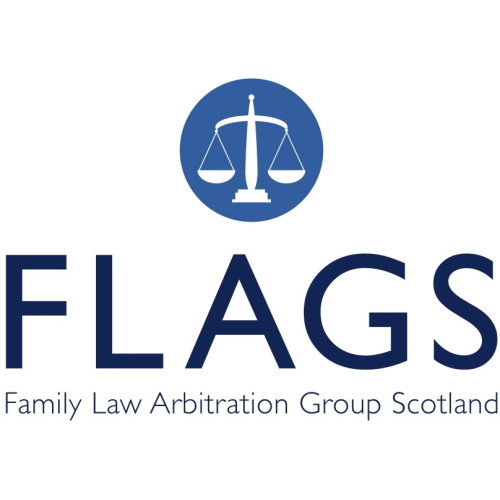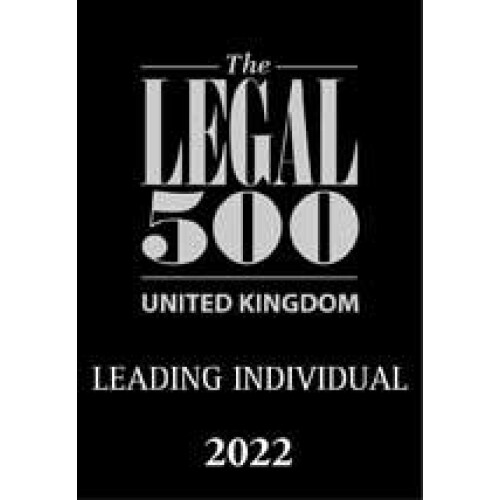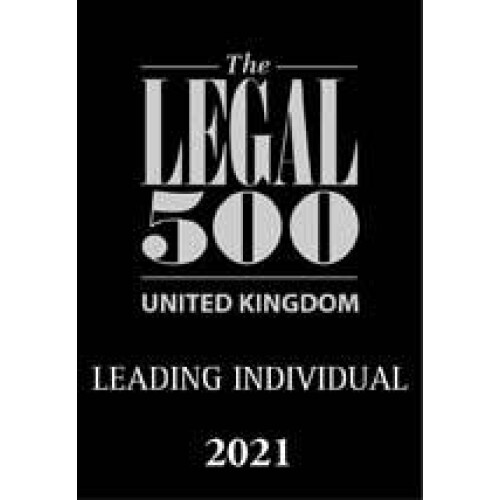Should separating couples be forced to mediate?
26th March 2016
A comment by Rachael Kelsey on the Herald Article this week, “Separating couples should be obliged to seek mediation, charity says”.
It was good to see the Scottish press publishing a piece on mediation this week, tackling an issue that is hugely important at a time when the funding that Family Mediation Lothian gets from central government (through Relationships Scotland, as the umbrella body for services across Scotland) has just been cut by 13% and where services are at real threat.
Nailing my colours to the mast, and perhaps unsurprisingly as Chair of FML (though this piece is written in a personal capacity) and a CALM (solicitor mediator), I am someone who is evangelical about mediation- there is no better way, in my view, to resolve the issues that arise when a couple decide to separate or where there are other family disputes- how involved grandparents should be, for example, or who should support adult children who are studying.
Mediation is a supremely powerful process: it not only allows the practical issues to be sorted out, the symptoms of disagreement, if you like, but also tackles the big, under-lying issues that are causing the disagreement; the deep-seated infection that is being harboured in the family body, that is causing the poisonous, disagreement eruptions over and over again.
I suspect that everyone could agree that good mediation is a good thing. So the question, if as the article says, “voluntary take up of mediation remains relatively low” is whether making it compulsory 'to consider mediation', as has been the case in England and Wales since 2014, will lead to more ‘good mediation’ in Scotland, ie. will being made to go to a meeting about mediation increase the number of cases where there is an actual mediation process? I am simply not convinced.
Making people attend MIAMs (as they are called in England and Wales- a mediation information and assessment meeting) has not, as I understand it, anecdotally or statistically, increased the numbers of people actually mediating successfully thereafter. I have been told by numerous practitioners down south that it has been a huge backwards step for mediation- the numbers of cases actually proceeding to mediation have dropped as people have been put off the process by the MIAM mandatory procedure. Ironically maybe, being made to go to the MIAM damages the efficacy of mediation as a dispute resolution tool.
Maybe it is because the MIAM, as a part of the accessing the court process, makes mediation feel like it is part of the litigation; maybe the ‘box-ticking’ element of the meeting means that the nuances of difficult family dynamics are lost; maybe the compulsion element has made people feel scared and mistrustful of mediation.
And it is this latter element that really worries me. A corner stone of the mediation process is that it is voluntary. For a ‘good mediation’ there has to be the reestablishment of trust, a safe place where people can be vulnerable and frank. I fear that that would be lost if we embraced a culture of any kind of compulsion when it comes to mediation. As I understand it the Scottish Government have no plans to introduce compulsory MIAMs in Scotland and I would support that being the right way forward.
It is said in the article that family law in Scotland is outdated and lags behind the rest of the UK. That simply isn’t true. There are things we need to work on, certainly, but we have a system that is the envy of the world in many respects. The work that is about to be published by Glasgow University following a four year study funded by the Nuffield Foundation looking at the Family Law (Scotland) Act 1985 underlines how incredibly successful, and well regarded much of our family law legislation is by practitioners, academics and the judiciary alike. The 1985 Act is a beautiful piece of legislation and, I would say, classically Scottish- straightforward, certain, clear, structured, fair.
At the risk of ending on too polemical a note, the Report published last week which is referred to in the article, looked at the operation of the Family Law (Scotland) Act 2006- a piece of legislation which saw a departure from that traditional Scots law approach of favouring certainty and instead embraced the English common law approach of giving the judiciary discretion. As the Report reflects the experiment has not been uniformly fabulous. Let’s not rush into another experiment on the back simply of what is happening down south. Rather, let’s focus our efforts on properly funding the actual mediation process in Scotland, not just tick box meetings that people are compelled to go to as they hurtle into court.






































